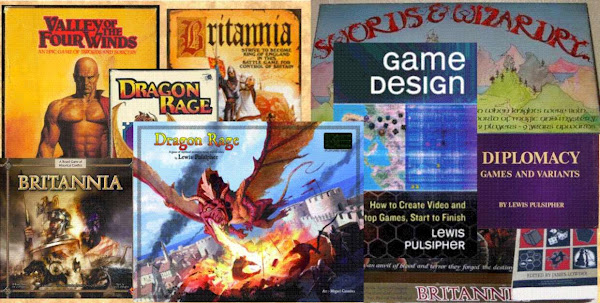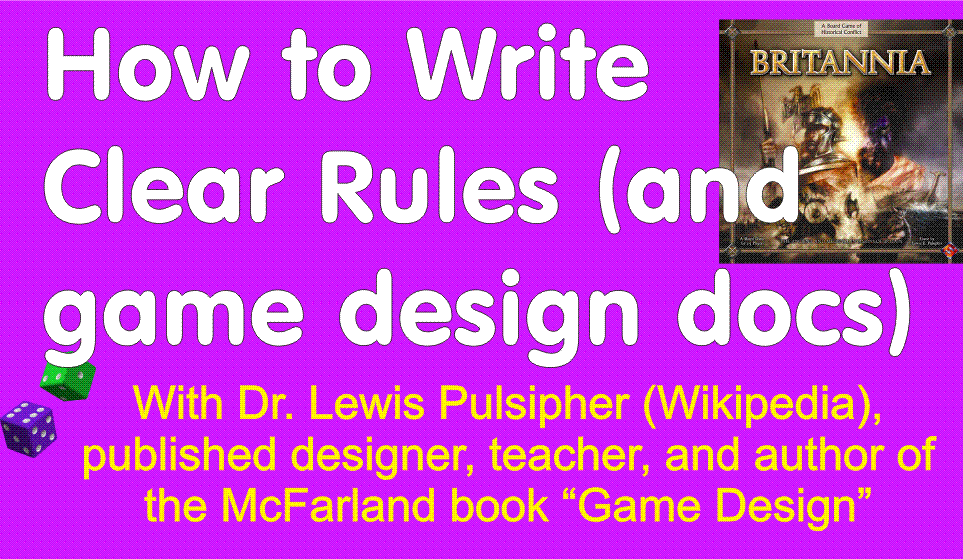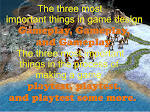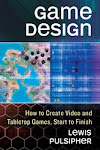I haven't written much lately, being tied up with school and a slight but enervating illness.
I enjoy music--I have two 110 CD players, for example--but until recently I didn't have an MP3 player. First, I never saw why I should take a format won by hard work (PCM/WAV) and reduce its quality by compressing it. Second, I always had a PC or a vehicle-based music device available whenever I wanted to listen to music. I can make my own CDs, and record those to cassette for the vehicle that doesn't have a CD. So why mess with an MP3 player?
My English brother-in-law one day told my wife and I how he was able to use a transmitter to send podcasts from him MP3 player to his car stereo. While I had downloaded podcasts and listened to some on my PCs, I generally felt I didn't have time to listen to them when I could be doing something else. But here was a way to listen to them when I can't do anything else, except drive, on my 50 minute (each way) commute. In fact, I sometimes listen to audio lectures, and had thought about getting into audio books.
But here was a chance to use all that free, and often quite good, "content" out on the Web, both game podcasts and history podcasts. So I bought a Kensington transmitter and a Sansa E250 player and tried it out. It worked so well, I bought another set for my wife.
There are lots of game podcasts, and I've listened to some older ones. I've also listened to "Twelve Byzantine Emperors" by a high school teacher, and series that has been around about as long as podcasts. I know enough about Byzantine history to say they're very good (google to find the page). Right now I'm listening to "Napoleon 101", a series of conversations between an Australian founder of the podcast network and an American Napoleon expert, J. David Markham. They are Napoleon enthusiasts, and it's quite pleasant listing. They're not into the nitty-gritty of battles, but instead about Napoleon the man and phenomenon.
I've experimented with podcasts a little myself, but I don't have any that I'd turn loose on the public. Mainly I'm interested in them as play aids (learning aids) for games. A pdocast is rather easier to make, and much smaller than, a video.










